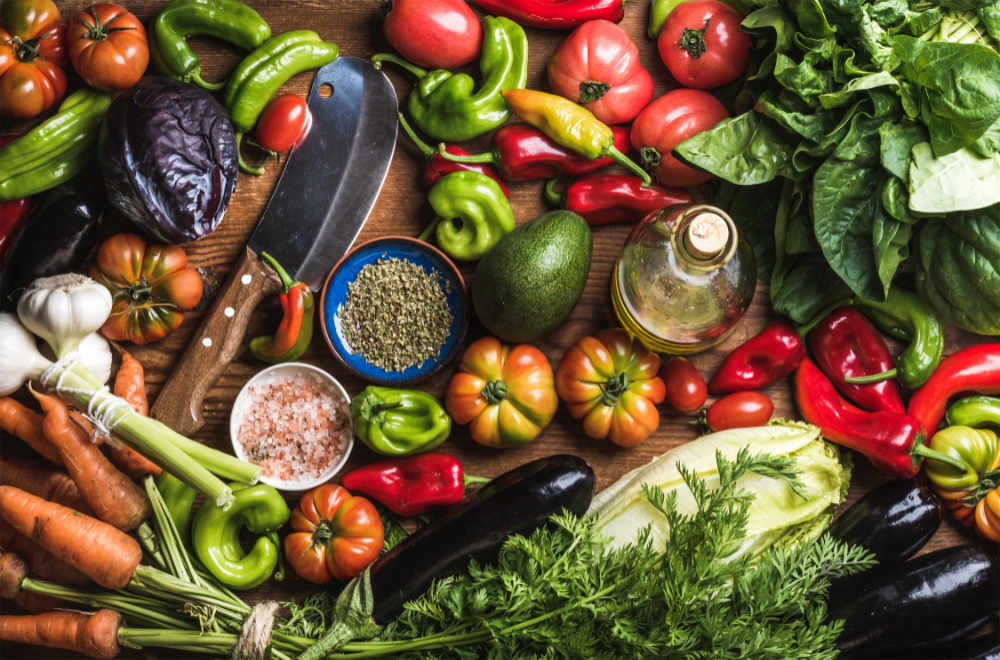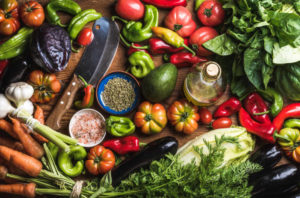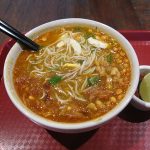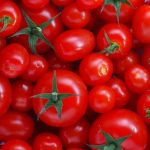
Climate change and concerns of food security are becoming more newsworthy of late and recent reports have indicated that a greater degree of flexibility in our eating habits may be required if we are to head off these issues.
This has given rise to the latest “Diet” buzz term the Flexitarian diet, but what does this actually mean and how or why should you consider it? Hopefully, the information below will help you decide.
What is a flexitarian diet?
A flexitarian diet is one where the main bulk is comprised of plant-based ingredients with the occasional addition of meat fish or dairy. The easy part is that there is no fixed definition with for example less committed flexitarians having a meat-free meal once a week while others only including meat on rare occasions. This makes it attractive to people who do not want to commit to a full vegetarian or vegan lifestyle. This allows a degree of flexibility that doesn’t impinge too much on their social life (eating out as a vegetarian can be hit or more usually miss). The diet can also be tailored to suit any health conditions.

Image Foxys Forest Manufacture/Shutterstock
Reasons to reduce Meat consumption?
There are numerous motivations behind adopting a flexitarian lifestyle however the main ones include:
Health Benefits –
Red meat has numerous question marks against it. It is relatively high in fat, which contributes to weight gain weight, as well as being linked to cancer, raised cholesterol & cardiovascular problems such as heart disease. Processed meats also have a high salt content and contain and an array of chemicals that are detrimental to good health. Further, the intensive use of antibiotics in factory farms may be contributing to increased resistance in humans.
Environmental Impact –
There are loads of conflicting statistics regarding the impact food production has (not surprising given the vested interests). However, what is indisputable it that it is more efficient from a calorie perspective plant-based food has a lower impact at the point of production. For example, 1kg of feedlot raised Beef requiring around 7kg of grain. It also requires huge amounts of freshwater which in a 2010 UNESCO report was estimated at 6942 litres per KG. This Kg of beef only imparts 2500 calories (roughly enough to feed an average person for a day). 7kg of grain (as corn flour) gives around 24,500 calories, nearly 10 times as much.
Water-wise the same report estimated a global average requirement of 1222 litres to grow a kilo of Corn. So basically, you could feed 10 people for a day with this grain and only use 18% of the water needed for beef production. CO2 emissions are also increased as more land is deforested for grazing or to grow animal feed crops. So even a small reduction in meat consumption could make a big difference.
Animal Welfare –
There is no doubt that the average animal which is raised for food has a pretty short and miserable existence. By becoming a flexitarian you can strive to buy your meat from organic or free-range sources (ideally locally produced) where the animals concerned are likely to have had higher standards of welfare
Why not make a start?
As Lau Tzu said “The journey of a thousand miles begins with one step” so too does any lifestyle change which has a chance of lasting. Here are a few ideas you can implement.
- Commit to one meat-free day a week at first and step it up gradually once you get used to it.
- When you eat meat, think of using better quality cuts and smaller portions.
- Do some shopping locally and where possible buy seasonal fruit and vegetables.
- Choose organic or free-range meat and where possible sustainable fish species.
- Experiment – Invest in a few good Vegetarian cookbooks, Surf the web for recipes, or better still check out our Meat Free recipe section which is updated regularly.
If you fancy giving this a go but are worried about getting enough protein and nutrients then check out our article on getting enough from non-animal sources.





